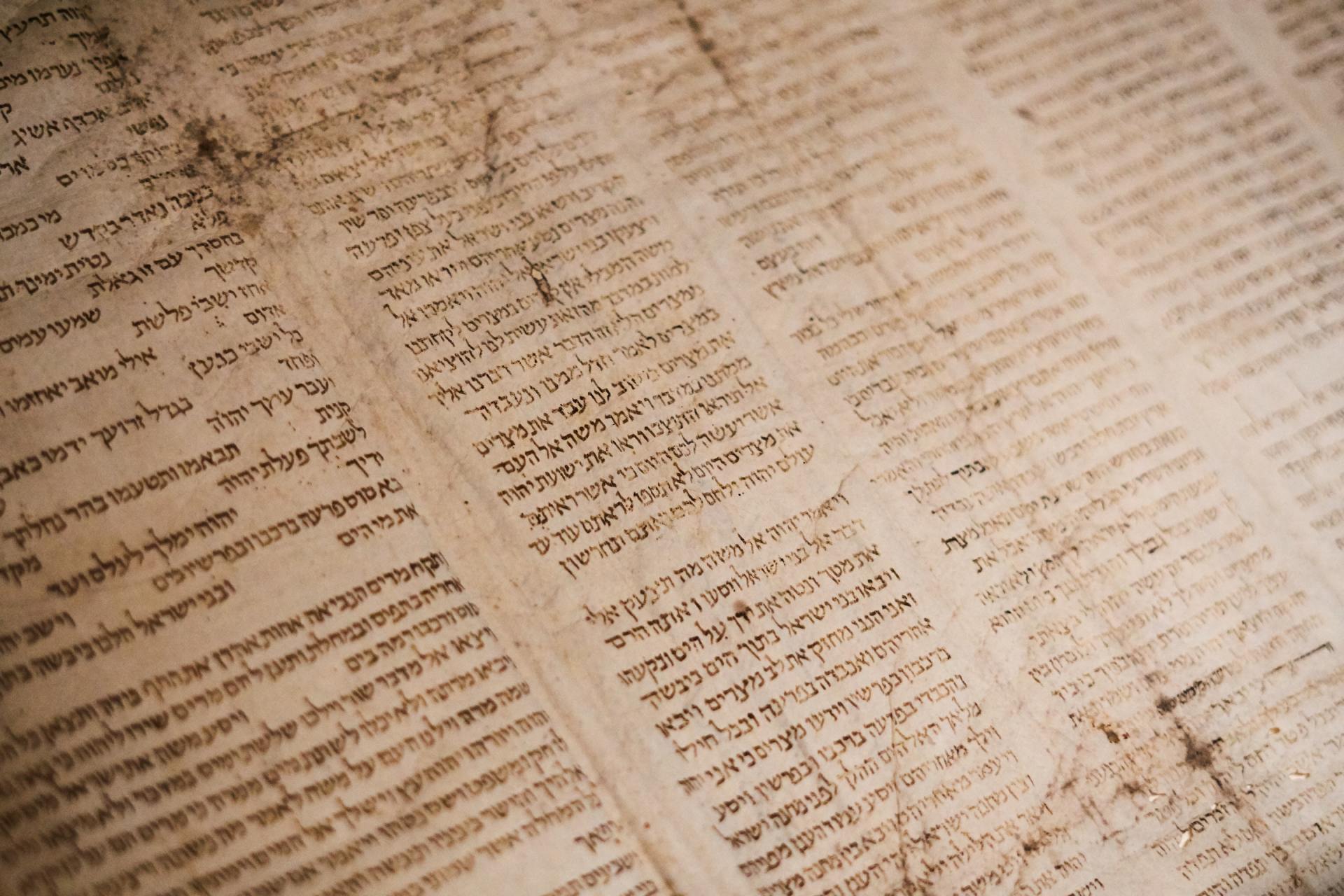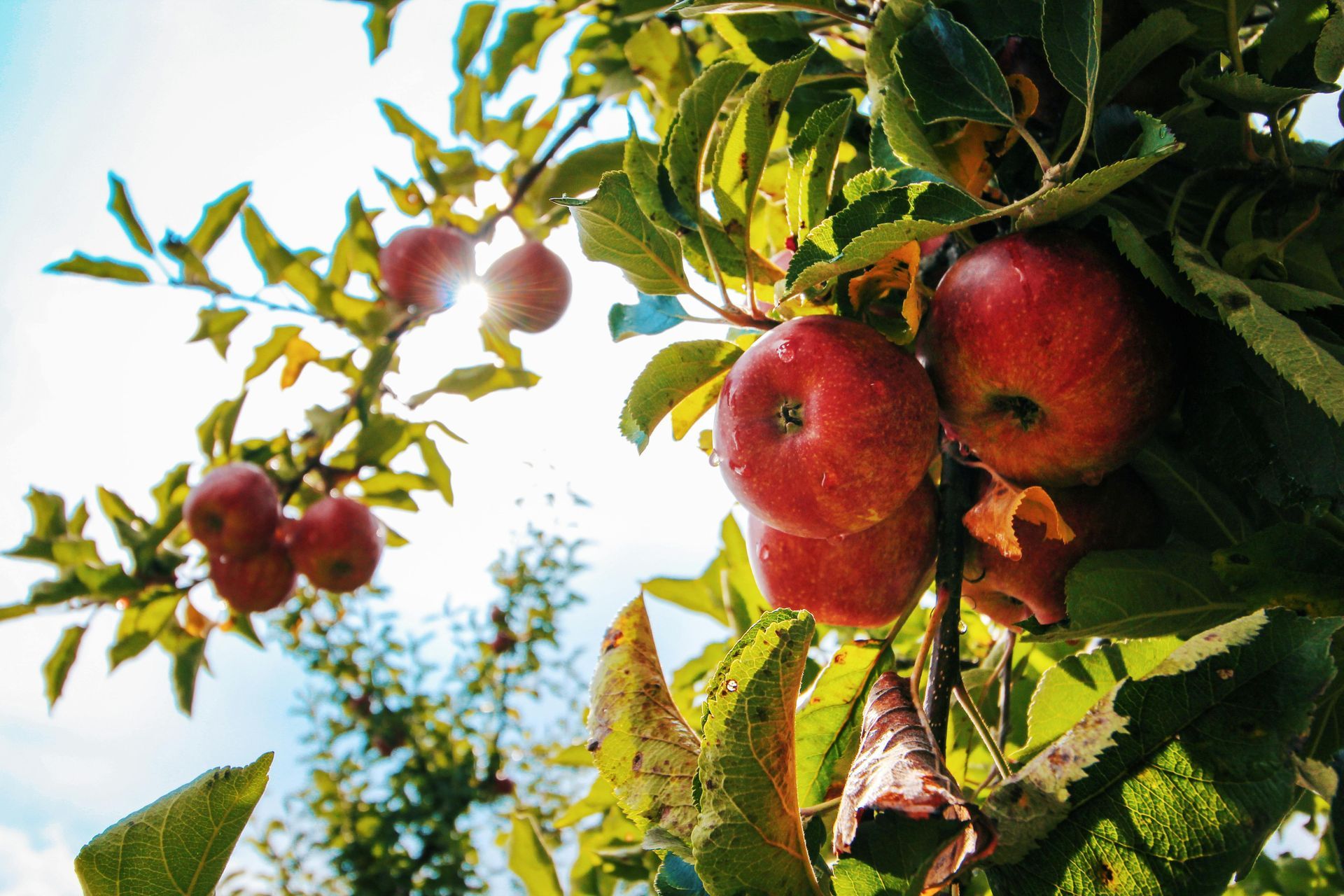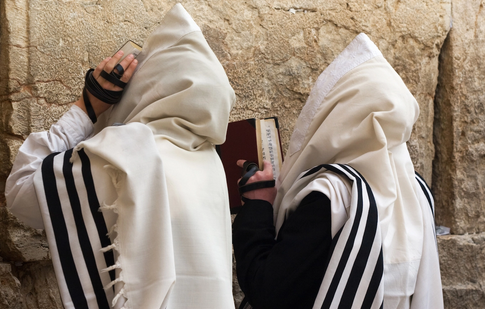Blog Layout

Maimonides stated: "The one who was distant and then returns stands in a place where even the complete Tzadik (Righteous Person) is unable to stand," ……. "for he tasted the taste of sin and nevertheless pulled away from it."
The Zohar describes the thirst acquired by the returning soul from his journey off the path: "For they draw upon themselves an intense light of holiness, with greater desire of the heart and with greater power to come close to the King." And therefore, "that which takes the Tzadik (Righteous Person) many years to accomplish, the returnee achieves in a single moment."
The Talmud teaches: "nothing stands in the way of the one who wishes to return."
The term baal teshuva (master of repentance), from The Talmud describes the return of a secular Jew to religious - Orthodox - Judaism. It is also used to refer to a phenomenon amongst Jewish people the world over which began during the middle of the 20th century, when large numbers of previously highly assimilated Jews chose to embark on a spiritual journey to rediscover their religious roots.
According to Janet Aviad, the founder of the ‘Peace Now’ movement, the beginnings of the baal teshuva movement was inspired by the “miraculous” Israeli victory in the Six-Day war, of 1967. Other commentators cite the prevailing anti-establishment atmosphere of the 1960s and the sixties and seventies counterculture of the Hippie Movement.
Rabbi Shlomo Carlebach
born in Berlin in 1925, (known as Reb Shlomo to his followers), was a rabbi, religious teacher, spiritual leader, composer, and singer dubbed "the singing rabbi" during his lifetime. He was pivotal in channelling the energy of the spirit of Jewish youth rebellion through his music and teachings.
Another catalyst for the ‘return’ of young people to the Judaism of their ancestors, was Rabbi Aryeh Caplan
an American Orthodox rabbi, physicist, translator and author of close to 50 books, directed the interest of young people in US high schools and on college campuses through his writings and his knowledge of Jewish Law and kabbalah.
It was no coincidence that the earliest emissaries of the Lubavitcher Rebbe, Rabbi Menachem Mendel Schneerson
were able to go out to connect with these young people, and reconnect them with their Judaism. Known as ‘The Rebbe’ to his followers (and considered by some to be ‘The Messiah’), he was an American Orthodox Jewish rabbi, considered one of the most influential Jewish leaders of the 20th century.
Recognized as the pioneer of Jewish outreach, he established kindergartens, schools, drug-rehabilitation centres, care homes for the disabled and synagogues all over the world.
Returning to Judaism has another facet, one that may have major implications for the family of such a ‘returnee’.
Dutch Chief Rabbi Binyomin Jacobs, an educator and mental health counselor, retold how multiple Holocaust survivors revealed their Jewish origins to him, approaching their last days.
For some people, the need to reconnect to Judaism is internal, driven by their own need for a sense of belonging. Rabbi Jacobs shared the details of a Dutch Holocaust survivor who passed away in 2014, adding “Cohen” to his last name shortly before he died. “It was a bombshell for his non-Jewish wife and children,” Jacobs said, admitting that he had kept his Jewish identity hidden for years to protect them.
Such discoveries can have a profound effect on family members, who want to begin practicing Judaism. Shavei Israel, is a Jerusalem-based organization, devoted to help Jews in this situation back into the fold, and can even, for example, organize a belated bar mitzvah at the Western Wall.
For a number of other reasons, many people are discovering their lost Jewish heritage; for example, people who were adopted, put into foster care or otherwise estranged from their birth parents have more resources available to them for tracing their family tree by utilizing the Internet or DNA testing.
Finally, there are those who make Aliyah
(immigrate to Israel), and make the decision to become more observant in honor of their ‘new’ home. No doubt due in part to the reality that Jewish holidays are a natural part of the lifecycle and, Mitzvah observance and their significance take on a whole different meaning in the Land of Israel.




